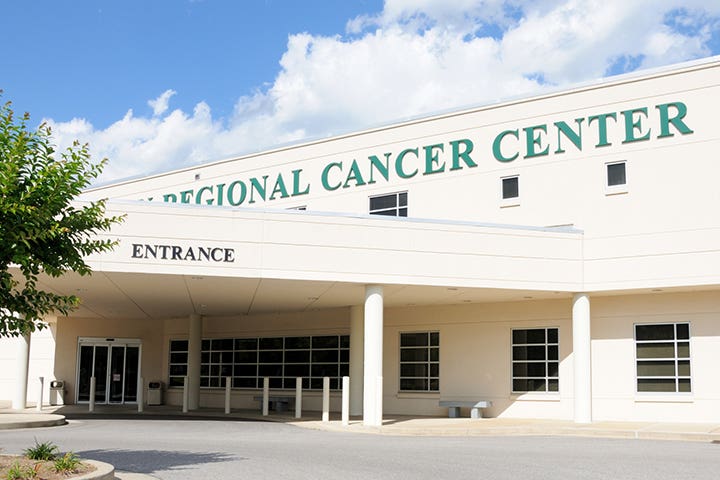- Joined
- Nov 2, 2019
- Messages
- 3,496
- Reaction score
- 14,493
Bingo. One of my partners was trying to decide between two job offers several decades ago. Both were at big-name academic institutions, one was Man's Best Hospital. The salary at Harvard was appreciably lower than the other place. When my partner brought this up in an attempt to negotiate, he was hit with "that's the salary, it's not changing, we pay you in prestige".I guess some of these guys have such low self-esteem, getting that “academic position” has to mean something important even though most docs who are in private practice or work for other systems decided to do it.
I guess that there are a significant number of folks happy to be "paid in prestige". After spending 17 years in the miasma of academic egos, there is no amount of prestige I could be "paid" to make me want to go back.




